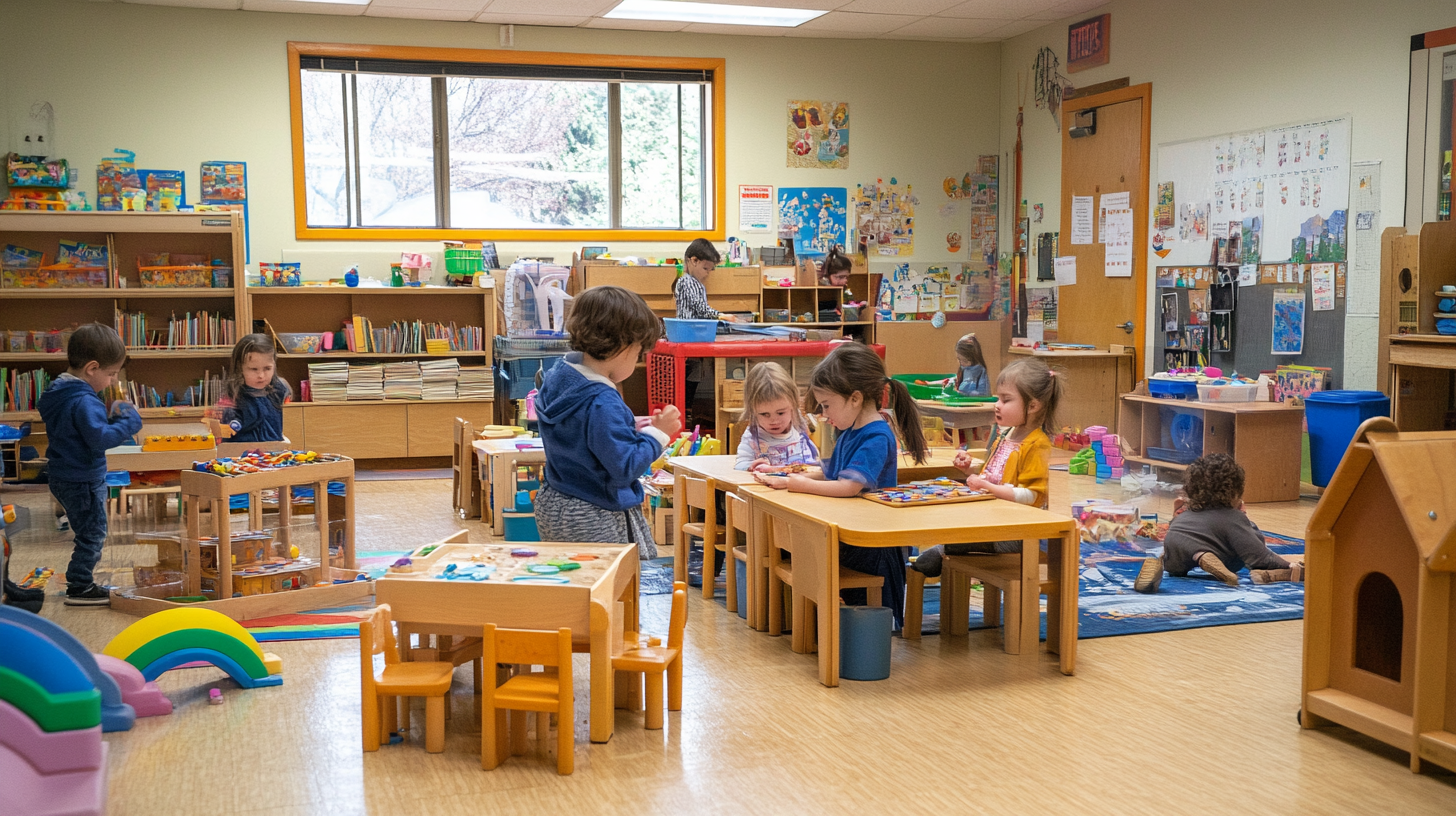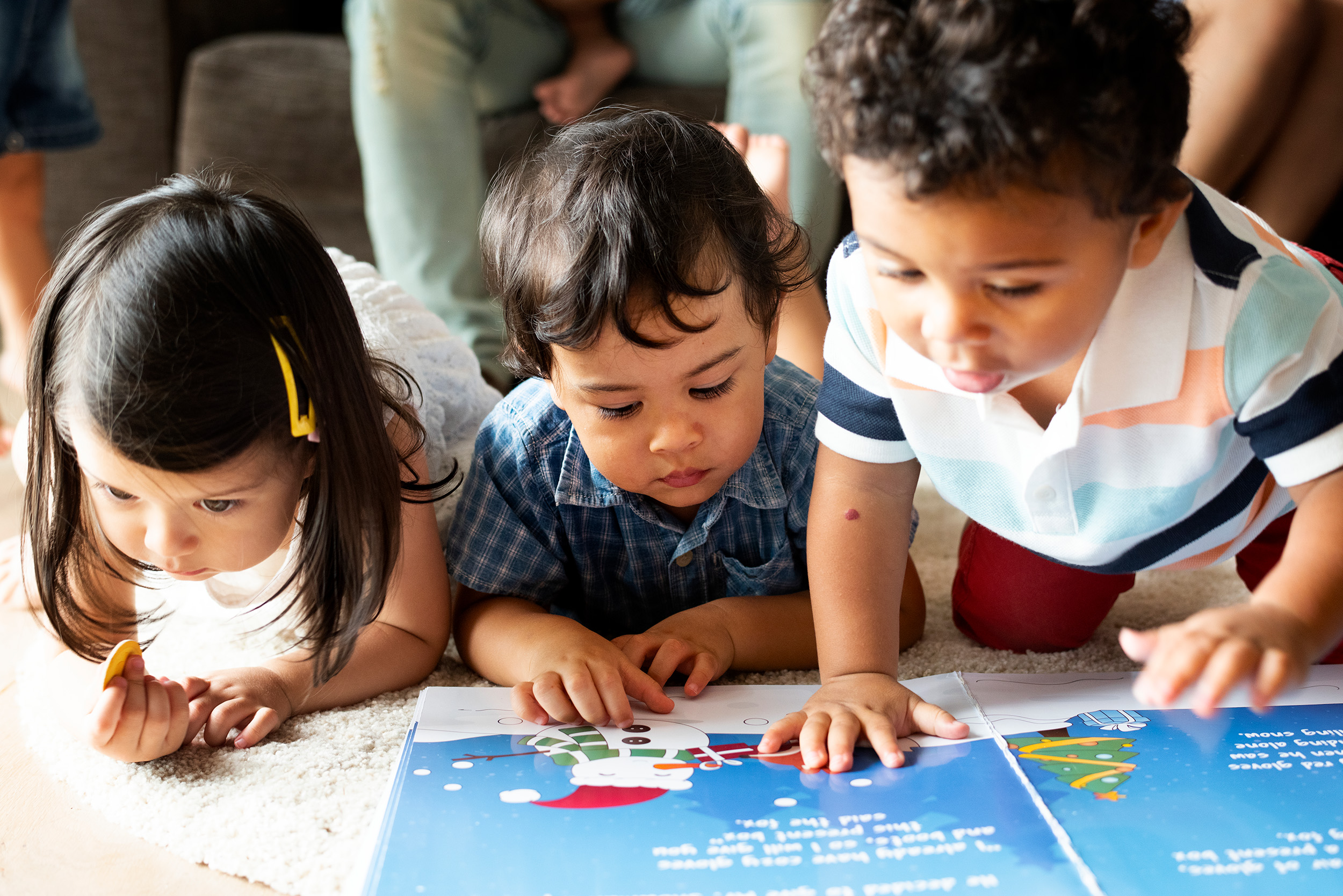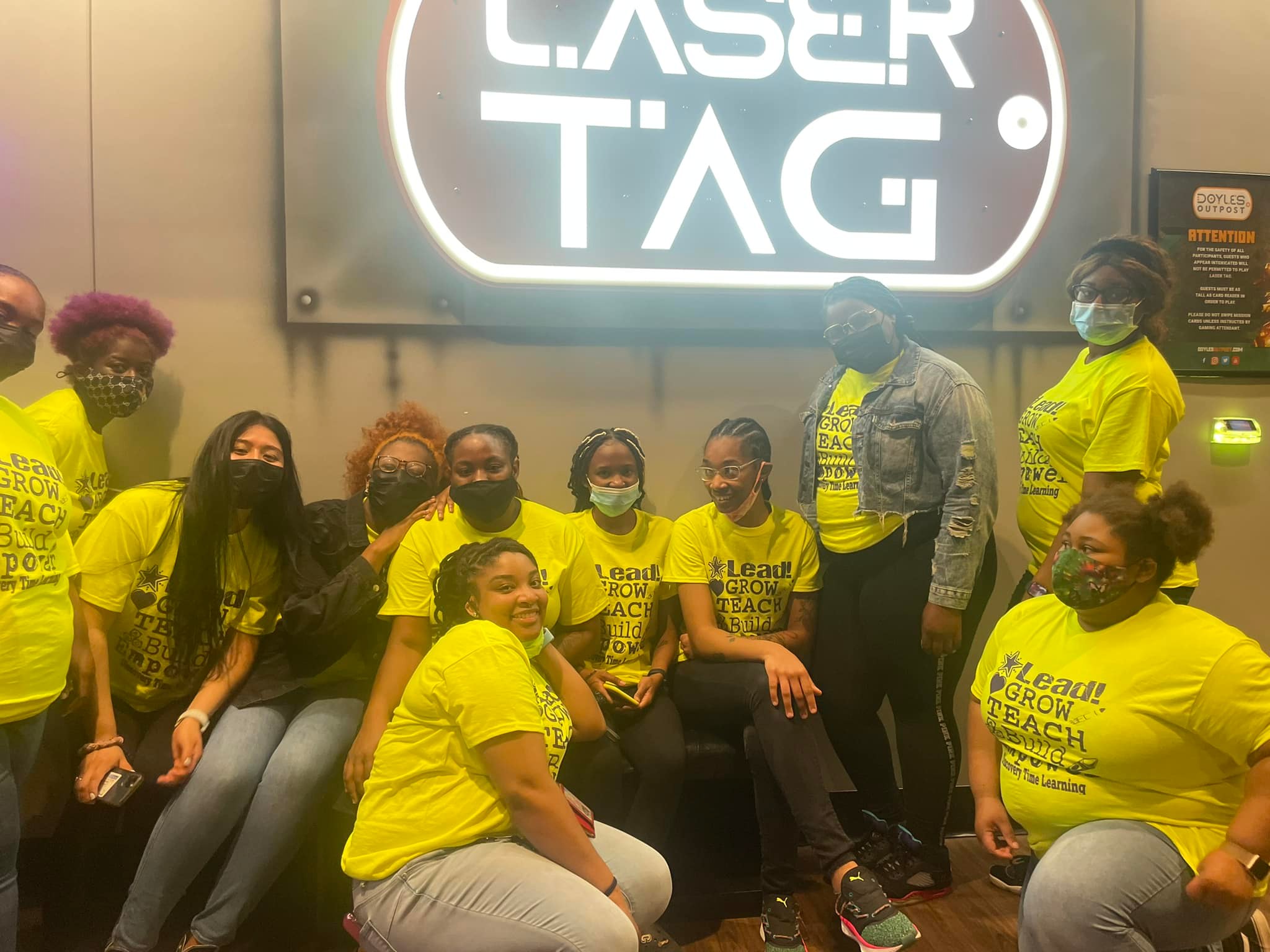For generations, the cornerstone of early childhood education has been mastering the ABCs and counting to 10. We instinctively believe that success begins with a solid foundation in letters and numbers. While foundational literacy and numeracy are undeniably crucial, they represent only a part of the bigger picture. The truth is, a child’s development is a complex and beautiful tapestry, and relying solely on academic instruction leaves many threads unspun.
In today’s fast-paced world, parents are increasingly looking for more than just a place where their children can learn to read. They want an environment that nurtures the whole child, fostering curiosity, creativity, and confidence. This is where extracurricular activities come into play. These “extra” activities, once considered a luxury, are now recognized as essential components of a well-rounded preschool experience. They are the secret ingredient that transforms a good daycare into a truly exceptional one. They prepare children for a future that demands much more than just memorization.
This blog will explore the profound benefits of integrating a rich variety of extracurriculars into the preschool day. We’ll delve into how these activities, from music to movement, from art to dramatic play, build critical skills that the traditional classroom often overlooks. We’ll show you why at Discovery Time Learning Center in Alexandria, VA, we believe that learning goes far beyond the textbook, and every moment is an opportunity for growth.
Building Social and Emotional Skills Through Play
Social-emotional development is a cornerstone of a child’s future success. It’s the ability to understand and manage emotions, set positive goals, feel and show empathy for others, and establish and maintain healthy relationships. Extracurriculars are a natural laboratory for developing these vital skills.
Group-based activities like dramatic play or collaborative art projects teach children how to share, take turns, and negotiate. A simple game of “house” can teach a child about different roles, responsibilities, and how to communicate their needs and desires to others. These interactions are fundamental for building a strong social foundation.
Music and movement classes, for example, require children to listen to instructions, work in a group, and express themselves in a non-verbal way. They learn to follow a leader, wait their turn to make a sound, and respond to the cues of others. These seemingly simple acts are powerful lessons in self-regulation and cooperation.
Beyond just interaction, these activities provide a safe space for children to explore and express a wide range of emotions. A child can pretend to be a brave firefighter, a shy bunny, or a grumpy bear, all while learning how to understand and manage their own feelings in a low-stakes environment. This emotional intelligence is a key predictor of academic and life success.

Fostering Cognitive Growth and Problem-Solving
While the ABCs are crucial, extracurriculars offer a different, and equally important, kind of cognitive stimulation. These activities often require children to think creatively, solve problems, and make connections in unique ways.
Think about a STEM-focused project, like building a tower out of blocks or designing a simple circuit. These activities aren’t about memorizing facts; they are about understanding concepts like balance, cause and effect, and spatial reasoning. A child who learns that a tower with a wide base is more stable is learning a fundamental principle of physics, not from a book, but from hands-on experimentation. This kind of experiential learning creates a deeper, more lasting understanding.
Art activities also promote cognitive growth in unexpected ways. Mixing two primary colors to create a new one teaches a child about color theory. Deciding where to place a sticker or draw a line on a page requires them to make choices and think about composition. These are the building blocks of critical thinking and creative problem-solving.
Moreover, these activities help children develop focus and concentration. Sitting down to complete a detailed art project or to learn a short song requires a child to stay engaged and attentive. In a world of constant digital distraction, this ability to focus is an invaluable skill.
The Power of Physical Activity and Sensory Exploration
A child’s brain and body are not separate entities; they are deeply intertwined. Physical activity and sensory exploration are not just ways to burn off energy; they are crucial for a child’s brain development and learning.
Outdoor play, for instance, provides a wealth of sensory experiences that a classroom cannot replicate. Feeling the texture of grass, listening to the birds, and smelling the flowers all stimulate different parts of the brain. Running, jumping, and climbing help children develop gross motor skills, which are essential for everything from coordination to confidence.
Sensory bins filled with rice, water, or sand allow children to explore different textures and properties in a safe, controlled environment. Scooping, pouring, and sifting help develop fine motor skills, which are a precursor to writing and other complex tasks. These activities also teach children about cause and effect and spatial relationships.
Movement-based extracurriculars, like dance or yoga, go even further. They help children develop body awareness, balance, and coordination. Learning a series of movements in sequence, such as a simple dance routine, also helps improve memory and cognitive sequencing. These physical activities prime the brain for learning and help children feel more in tune with their own bodies.
Cultivating Creativity and Self-Expression
Creativity is not just about being able to draw or paint; it’s about thinking in new ways, connecting seemingly unrelated ideas, and finding innovative solutions to problems. Extracurriculars are the ideal vehicle for nurturing this vital skill.
A child who is given a box of random materials—paper towel rolls, yarn, and glue—and told to build something is being asked to think creatively. There is no single “right” answer. The value is in the process of imaginative thinking and the confidence to try something new.
Dramatic play allows children to step into different roles and explore various scenarios. It is through this imaginative play that children develop their own unique voice and learn to express themselves. They can be a teacher, a doctor, a parent, or even an animal. This role-playing helps them understand different perspectives and develop empathy.
Music is another powerful tool for self-expression. A child doesn’t need to be a virtuoso to benefit from music. Simply singing, making sounds with rhythm instruments, or dancing to a beat allows them to express joy, sadness, or excitement in a non-verbal way. This ability to express oneself creatively is a key component of a healthy, well-adjusted personality.

The Discovery Time Learning Center Approach
At Discovery Time Learning Center in Alexandria, VA, we understand that a child’s education is about more than just academics. Our curriculum is designed to be a rich blend of traditional learning and dynamic extracurriculars. We believe in providing a holistic environment where every child can grow, learn, and discover their unique talents.
Our programs are built on the understanding that children learn best through play and hands-on experiences. We offer a variety of enriching activities, including:
- Music and Movement: To build rhythm, coordination, and self-expression.
- Creative Arts: To foster imagination and fine motor skills.
- Sensory and Science Exploration: To satisfy curiosity and teach fundamental scientific concepts.
- Dramatic Play: To build social-emotional skills and empathy.
- Outdoor and Gross Motor Activities: To promote physical health and an appreciation for nature.
We see firsthand how these activities transform children. They become more confident, more cooperative, and more excited to learn. They develop a love for discovery that will serve them well throughout their lives. Our dedicated and passionate staff works tirelessly to create a safe, nurturing, and stimulating environment where every child can thrive.
Conclusion
The value of a preschool education should be measured not just by a child’s ability to recite the alphabet but by their overall readiness for the world. Extracurriculars are not a frill; they are a fundamental part of building a resilient, creative, and socially intelligent human being. They are the building blocks of a truly comprehensive education, preparing children for a future that will require not just knowledge, but adaptability, collaboration, and critical thinking.
At Discovery Time Learning Center, we are committed to providing an education that goes far beyond the ABCs. We offer a place where children can not only learn but also grow, play, and discover. We invite you to see for yourself the difference a holistic approach can make.
If you’re looking for a childcare solution that prioritizes your child’s complete development, we’re here to help. Contact Discovery Time Learning Center today to learn more about our full-time, part-time, or drop-in daycare options in Alexandria, VA. Let’s embark on this amazing journey of discovery together.
FAQs About Extracurricular Activities in Preschool
1. What are extracurricular activities in a preschool setting?
Extracurricular activities in a preschool are structured, non-academic programs and activities that go beyond the basic curriculum of letters and numbers. These can include a wide range of subjects, such as music, art, dramatic play, sensory exploration, physical education, and science projects. They are designed to complement traditional learning by focusing on a child’s social, emotional, physical, and creative development.
2. How do extracurriculars benefit my child’s social skills?
Extracurricular activities are often group-based, which provides a natural setting for children to interact with their peers. Through activities like dramatic play or collaborative art projects, children learn essential social skills such as sharing, taking turns, communication, and conflict resolution. These activities help them build friendships and develop a sense of empathy and cooperation.
3. Do extracurriculars help with academic readiness?
Yes, absolutely. While they are not traditional academic subjects, extracurriculars build foundational skills that are crucial for academic success. For example, music and movement can improve memory and sequencing skills, while fine motor activities in art and sensory play are a precursor to handwriting. The problem-solving and critical thinking skills developed in STEM projects also lay the groundwork for a child’s future academic endeavors.
4. How do I choose the right extracurriculars for my child?
The best way to choose is to consider your child’s interests and personality. A child who loves to move might thrive in a dance or movement class, while a child who enjoys being quiet and focused might prefer art or building activities. A good preschool, like Discovery Time Learning Center, offers a wide variety of activities so that every child can find something they enjoy and excel at, fostering a love for learning in a non-pressurized environment.
5. Are extracurriculars a part of the daily schedule at Discovery Time Learning Center?
Yes, at Discovery Time Learning Center, we believe that a holistic approach is essential. Our daily schedule is intentionally designed to integrate a rich variety of extracurricular and play-based activities throughout the day, alongside our foundational academic curriculum. This ensures that every child receives a well-rounded and enriching experience that supports their total development.



